

Where were you when you heard about John F. Kennedy’s assassination?
It shocked the world and shook the very foundations of our liberty and freedom. Today marks 50 years since that devastating day, November 22, 1963, when President Kennedy was assassinated.
John F. Kennedy was the 35th President of the United States, the youngest president elected. He was a man that the country identified with. He sent the first man to the moon.
On this 50th anniversary of his death, we celebrate his life and his legacy.
Early life
John Fitzgerald Kennedy came from a wealthy family with a long history of public service, and political involvement. Born to Joseph and Rose Kennedy in Brookline, Massachusetts on May 29, 1917, he was the second of nine children. From a young age, family and friends called the small blue-eyed child, Jack. His father was a multimillionaire business executive.

1920 US Census record showing the Kennedy household. John F. Kennedy was 2½ at the time (Credit: SuperSearch www.myheritage.com/research).
Education and military service
Kennedy graduated with honors from Harvard in 1940, and continued at Stanford University for graduate studies. In April, 1941, he tried to enlist in the US Army but was rejected due to back injuries. He refused to give up, and after rigorous training, the US Navy accepted him a few months later. He became an intelligence officer in Washington, DC. After the attack on Pearl Harbor, he requested active duty. Kennedy saved many men during his service on a boat in the Pacific Ocean, which was attacked by a Japanese destroyer. Upon returning home, he received the Navy and Marine Corps Medal for his leadership and courage.
Family life
John F. Kennedy belonged to the same social circle as Jacqueline Bouvier, daughter of a New York City financier, and often attended the same social events. They began seeing each other soon after being introduced by a mutual friend. Engaged on June 25, 1953, they married on September 12, 1953, in Newport, Rhode Island .
Their daughter, Caroline Bouvier Kennedy, was born in 1957, and their son, John F. Kennedy Jr., was born in 1960. His father called him John-John. A second son, Patrick, was born prematurely on August 7, 1963, but died two days later.
Although a busy man, it is said that President Kennedy always found time to laugh and play with his two children. There are many photos of them around the White House.
Government
In 1946, JFK ran for the US House of Representatives. He had great support from his brothers, who became his campaign managers, and his mother and sisters, who helped raise money for the campaign. Kennedy won, and served three terms. In April 1952, Kennedy ran for a seat in the US Senate. He won, and was reelected to the Senate in 1958.
Kennedy’s campaign included the nation’s first televised debate, without which, many believe that Kennedy would not have been elected president. He emerged from the debates as a humorous, strong, and intelligent leader, ready to take the country into the future.
On November 9, 1960, John F. Kennedy became the youngest — and the first Roman Catholic President — of the United States. He was sworn into office on January 20, 1960 and, in his inaugural address, he spoke this memorable line to the people, “Ask not what your country can do for you, ask what you can do for your country.”
Kennedy’s presidential term is known well for events that occurred during that short time, including the Bay of Pigs Invasion, the Cuban Missile Crisis, the building of the Berlin Wall, the African-American Civil Rights Movement, the early stages of the Vietnam War, and the Space Race, landing a man on the moon. He was a staunch supporter of civil rights, and made many efforts to fight racial discrimination.
Last Day
On November 22, 1963, President Kennedy was in Dallas, Texas. As his motorcade drove past crowds of people, shots rang out and he was seriously wounded, dying a short time later. Within a few hours, police arrested Lee Harvey Oswald and charged him with the murder. Now, 50 years later, there are still questions regarding the circumstances of President Kennedy’s assassination.
His legacy
President Kennedy’s premature death left the country unprepared for the big ideas and ambitious goals that he had set out to achieve. He is remembered for his personality, his accomplishments and the painful tragedy that surrounded him and his family. He lived his life with energy and optimism and he inspired a nation.
Click here to see our JFK Pinterest board:
Take a look at the Kennedy Family Tree on MyHeritage: http://www.myheritage.com/site-family-tree-30817211/myheritage-celebrities-john-f-kennedy





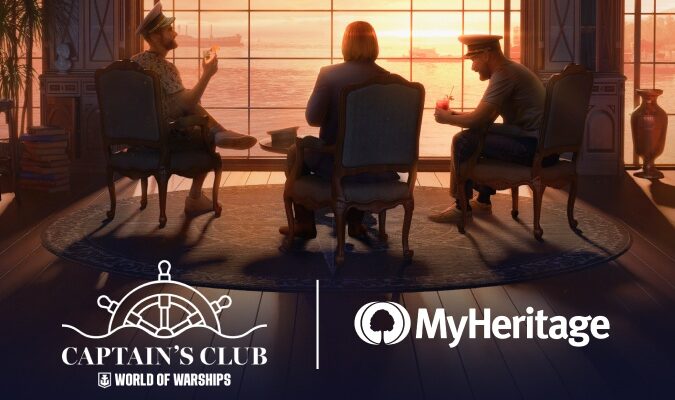
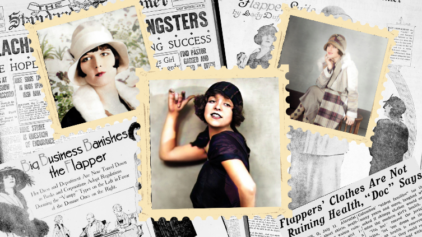
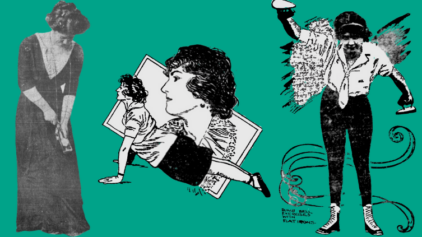

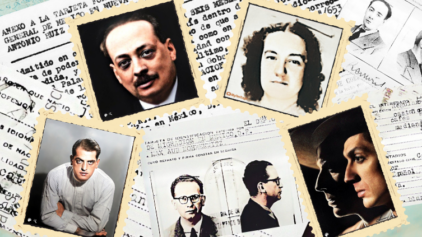
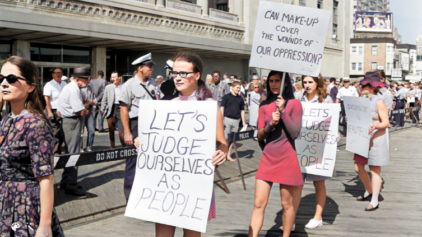
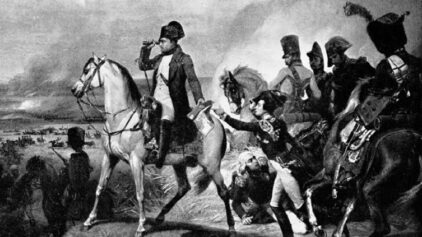

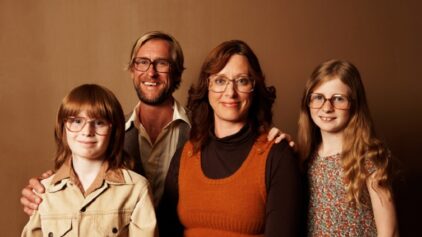
Leo P. Flood, Jr.
November 23, 2013
Where was I when the President was assassinated? I had recently completed my Advance Individual Training at Fort Leonard Wood, MO. and was being transferred to Germany. On the day that President Kennedy was killed I was on the ship USS Patch heading out to sea. We were turned around when the announcement was made and returning to the port. This was a sad day for America. I still believe that this President was killed by more than Oswald. I believe that there were many involved in the conspiracy to assassinate him.